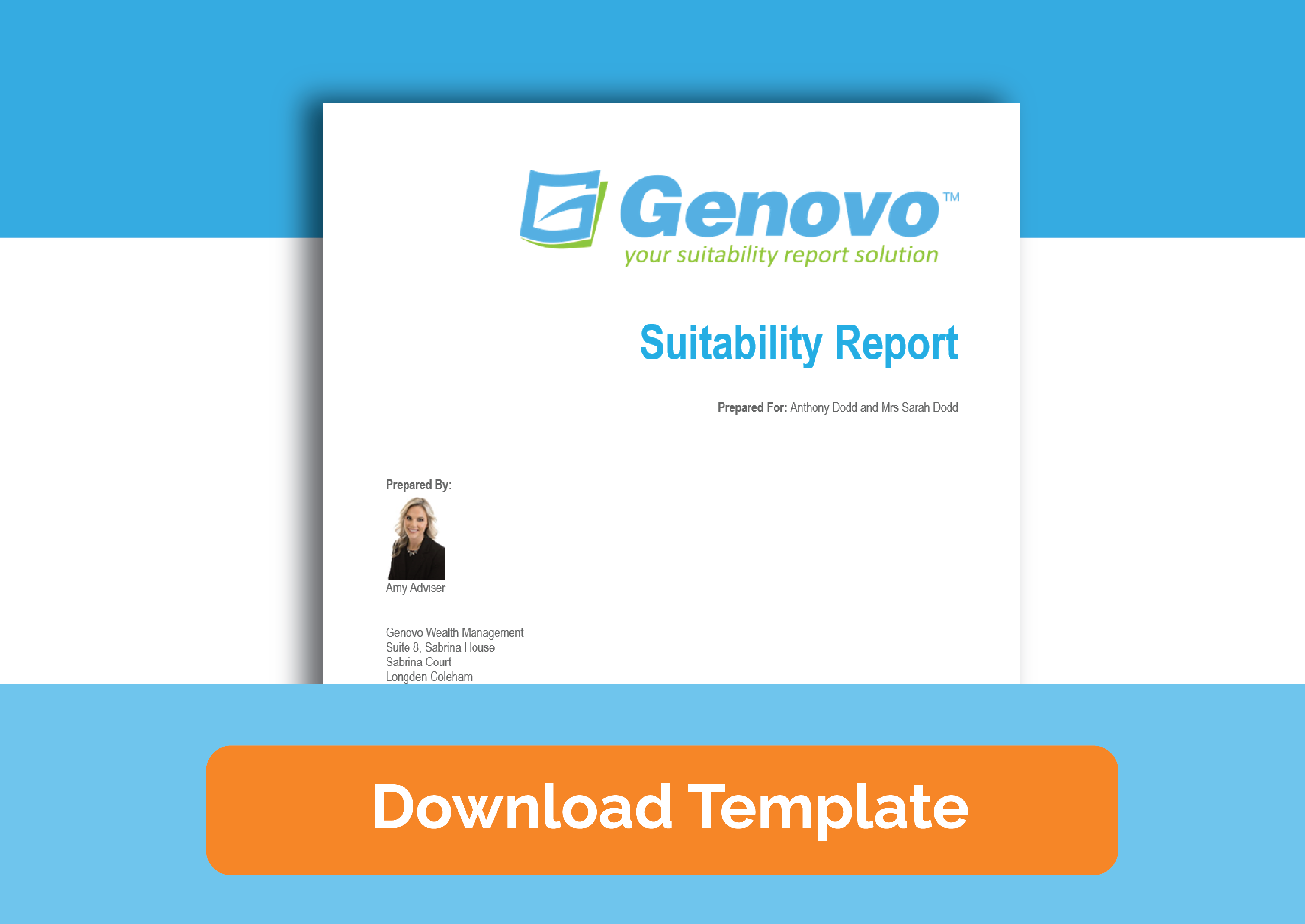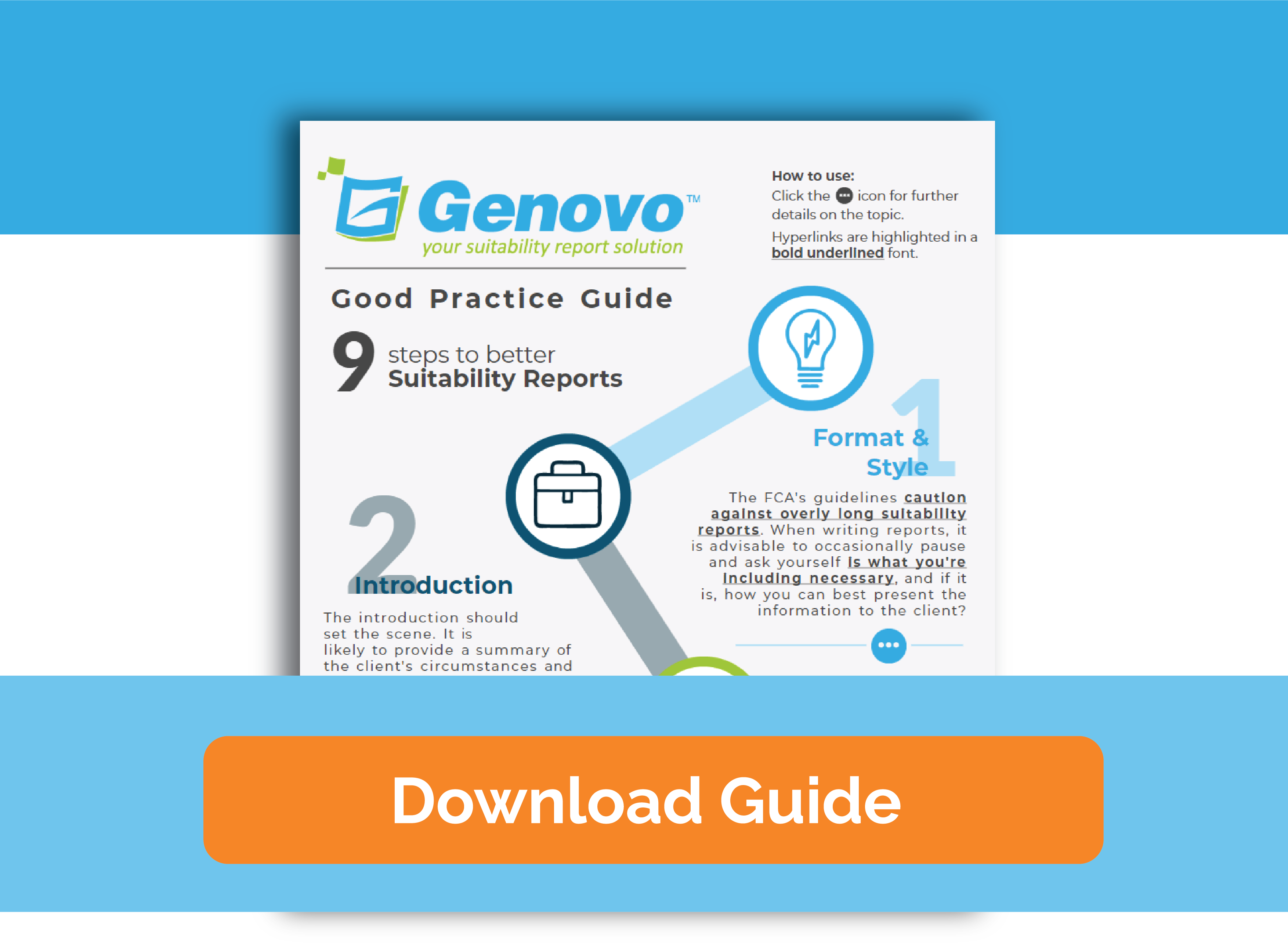
The Money Purchase Annual Allowance: Think twice before using pension flexibility
Mike Malkiewicz
In this month’s guest blog Mike Malkiewicz of Clear Paraplanning looks at the recent changes to the money purchase annual allowance and the importance of getting professional financial advice. So over to you Mike…A recent case involving an executive who had drawn all of the cash from a couple of small pensions (just over £15k in each pot) to “tide him over” between jobs made me think of what might be an unintentional impact of the money purchase annual allowance, and of the importance of receiving advice on what might be considered by some as a “no brainer”.
The money purchase annual allowance was introduced by the Taxation of Pensions Act 2014, on 6 April 2015. It’s designed to discourage individuals who seek to abuse the new flexible pension rules by introducing a cap on the amount of pension contribution that qualifies for tax relief once pensions flexibility has been accessed.
In his 2016 Autumn Statement the Chancellor announced a consultation on the subject of reducing the money purchase annual alllowance from £10,000 to £4,000. This reduction took effect from 6 April 2017, and the reduced limit applies to anyone who has triggered the money purchase annual allowance, even if prior to 6 April 2017.
The executive in question is now in a position whereby he has no pension fund and a new job with a high salary. With no access to a defined benefits scheme, the maximum our executive can now contribute to pension and still obtain tax relief on is £4,000 per year.
However, all is not lost for our executive as he can still make pension contributions without receiving tax relief and of course the funds still grow tax free and 25% of the fund value is free of tax when benefits are drawn.
The power of the pension in estate planning is also sometimes overlooked with recent changes to the taxation of pension death benefits enabling inter generational planning using dependant’s, nominee’s and successor’s drawdown.
Going back to our executive’s immediate income tax dilemma, with a salary of more than £150,000 there is scope for some immediate tax planning through investment via Venture Capital Trust or Enterprise Investment Scheme tax wrappers. Although generally higher in risk than the average pension fund, there is now true choice of investment within these wrappers with many discretionary managers offering managed portfolios of qualifying investments in order to spread and manage the risks involved.
If anything, this tale demonstrates that it is never too early – or too late, to get proper financial advice. As a freelance paraplanner, I cannot provide advice myself but I am privileged to work alongside some excellent independent financial advisers who can.
If you’ve anything to add to the points that Mike’s raised please leave a comment below.
To learn more about the services that Mike can provide check out the Clear Paraplanning website.
If you’d like to feature as a guest blogger on the Genovo website please get in touch.
Image courtesy of bplanet / FreeDigitalPhotos.net

